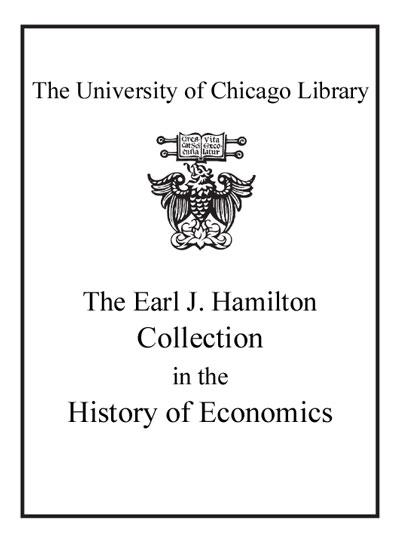Review by Choice Review
Murray (Univ. of Cincinnati) traces the growth of a capitalist spirit in the Flemish city of Bruges from a time when the town's economic and political life was dominated by trade in wool and enjoyed almost complete autonomy from the Count of Flanders, to the end of a war Bruges participated in to prevent the Duke of Burgundy from establishing control over Flanders in right of his wife, heiress to the county. Eventually all of Flanders recognized Burgundy and prospered under Burgundian rule. Although both Bruges and Ghent participated in this war, it was clear by 1390 that the interests of Bruges had shifted decisively. Ghent and Ypres continued to be dominated by the cloth trade; however, although trade in wool continued to be important in Bruges, it was overshadowed by the expansion of the hoteliers and money changers (who could be the same person) into a complex banking system that attracted merchants from all parts of northern Europe and bankers from Italy. This well-written book contains an extensive bibliography and excellent city maps and other illustrations. Of particular interest to medieval economic historians. ^BSumming Up: Recommended. Upper-division undergraduate through faculty collections. K. F. Drew emeritus, Rice University
Copyright American Library Association, used with permission.
Review by Choice Review

